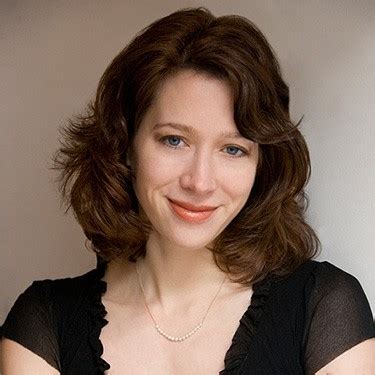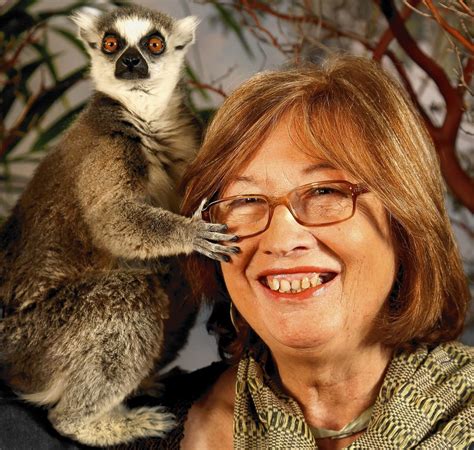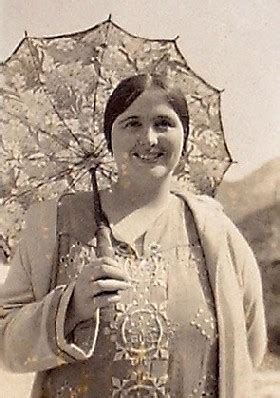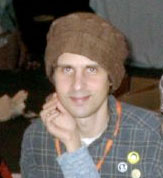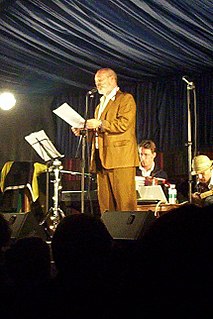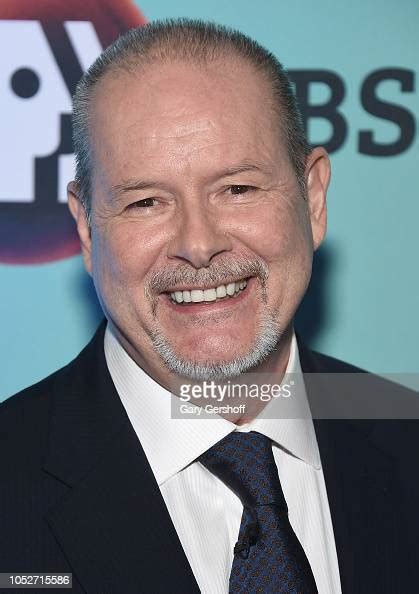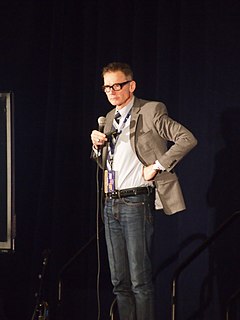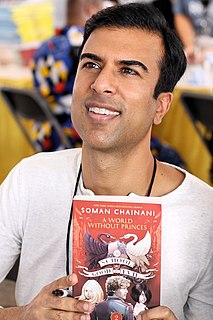A Quote by Marie Rutkoski
I was so in love with books from as early as I remember that it seemed a natural step to want to create them. And so I just wanted to be a writer from a very young age. And I think that the lies were just a natural side effect of me wanting to tell stories and write them down.
Related Quotes
I think as soon as I figured out - and this must have been incredibly young - that comic books were made by humans, rather than being natural phenomenon likes trees or rocks, I just wanted to be one of the people who did that. So I was copying all kinds of cartoons that I was reading, comic books, and eventually learned how to draw cartoon books step-by-step and just, I don't know, I'm not an especially quick learner, but I sure was a dedicated one.
Lemurs are extraordinarily leapers. I mean they are just really going from tree to tree and then if there is not a tree, they just come down to the ground very gracefully. But it is the music that makes them seem to be dancing. They are basically getting from one place to another and that's just natural for them. They are just natural acrobatic dancers, just the way they move. It's beautiful!
There is and always has been for me a peculiar need to write. This is very different from wanting to be a writer. To be a writer always seemed something so far removed from my talents and abilities and imaginings that it didn't afflict me at all as a notion when I was young. But I was always conscious that I wanted to write.
The whole point was just to be yourself, no matter what that was. You didn't have to fit into a certain punk-rock cliché. Create whatever your compelled to create. People were putting out their own records, and it just seemed natural to put out my own magazine. When I was really young, I started making magazines and little books, just folded-over pieces of typing paper, so when I discovered punk rock, it really blew my mind. I played in bands and stuff, but making my own zines seemed like an inherent part of that scene.
It had been startling and disappointing to me to find out that story books had been written by people, that books were not natural wonders, coming up of themselves like grass. Yet regardless of where they come from, I cannot remember a time when I was not in love with them - with the books themselves, cover and binding and the paper they were printed on, with their smell and their weight and with their possession in my arms, captured and carried off to myself. Still illiterate, I was ready for them, committed to all the reading I could give them.
When you're young - when I was young - you want your emotions to be like the ones you read about in books. You want them to overturn your life, create and define a new reality. Later, I think, you want them to do something milder, something more practical: you want them to support your life as it is and has become. You want them to tell you that things are OK. And is there anything wrong with that?
It seemed to me at an early age that all human communication - whether it's TV, movies, or books - begins with somebody wanting to tell a story. That need to tell, to plug into a universal socket, is probably one of our grandest desires. And the need to hear stories, to live lives other than our own for even the briefest moment, is the key to the magic that was born in our bones.
When I first started writing, there was no way I'd write a sex scene. That just seemed impossible. That's why in "Fight Club" all the sex happens off-screen. It's all just a noise on the other side of the wall or the ceiling. I just couldn't bring to write in a scene like that. So one of the challenges with "Choke" was I wanted to write sex scenes until I was really comfortable just writing them in a very mechanical way.
I never think of my work as writing for a young audience, frankly, because I think it risks talking 'down' to them. The idea is for these books to work just as well as for adults as kids. As for what readers will take away, I just want them to love being in the world and see it as a safe place to explore things that adults are often uncomfortable talking to them about.
Writers write because they cannot allow the characters that inhabit them to suffocate them. These characters want to get out, to breathe fresh air and partake of the wine of friendship; were they to remain locked in, they would forcibly break down the walls. It is they who force the writer to tell their stories.
